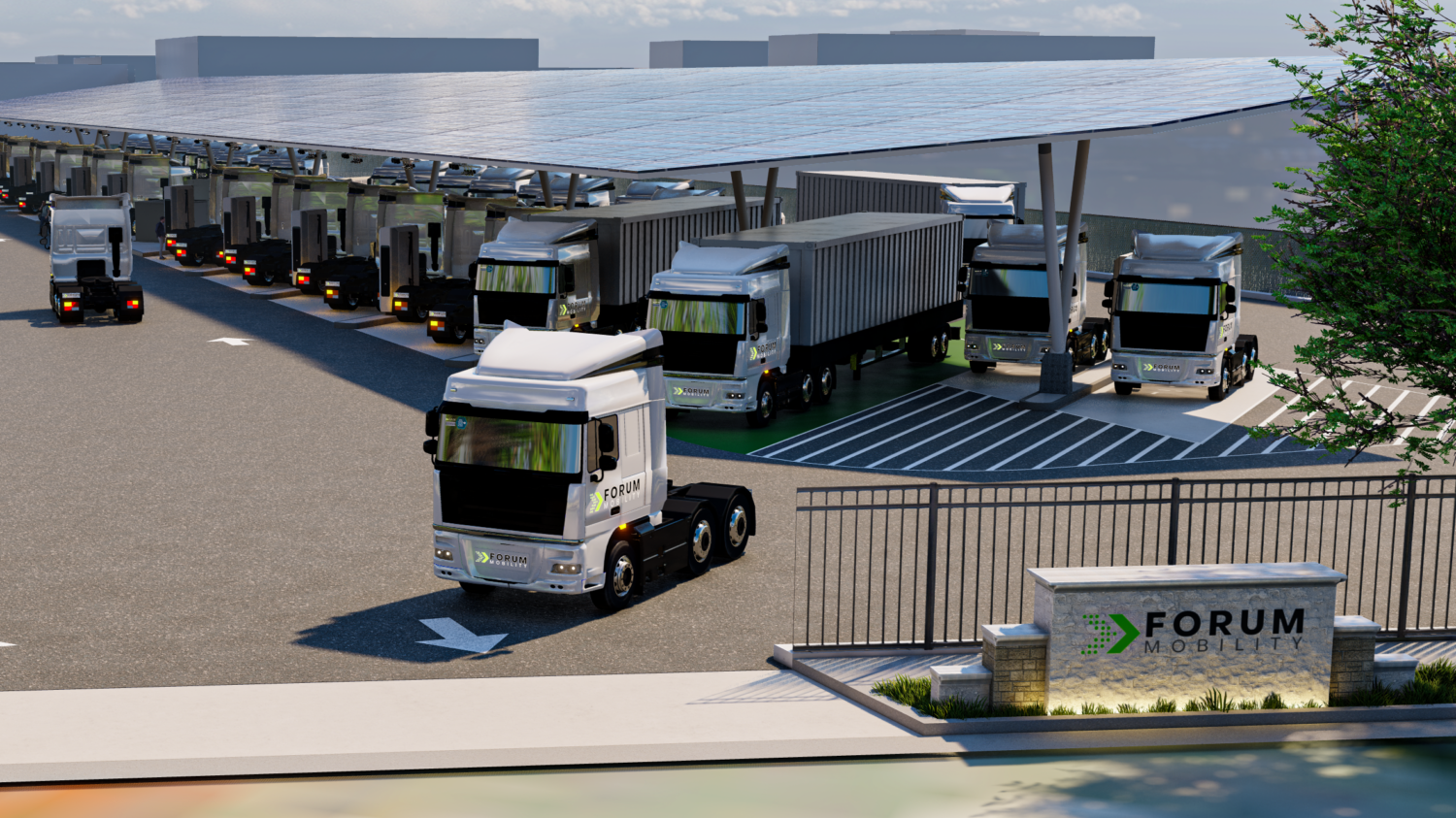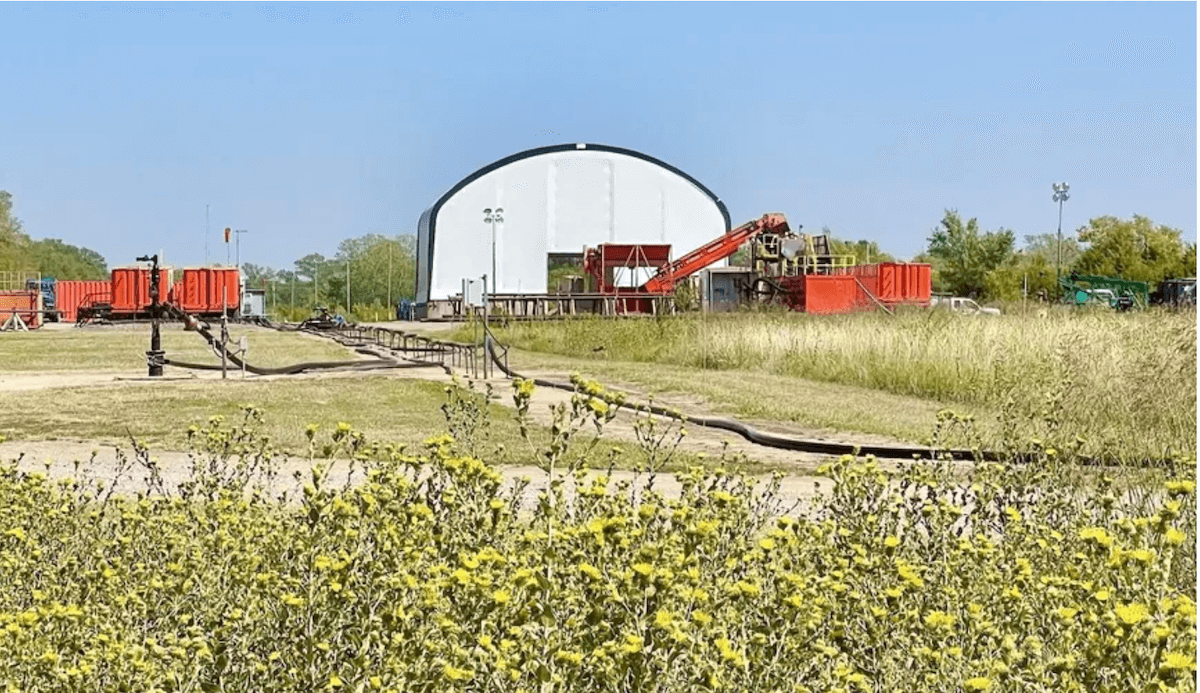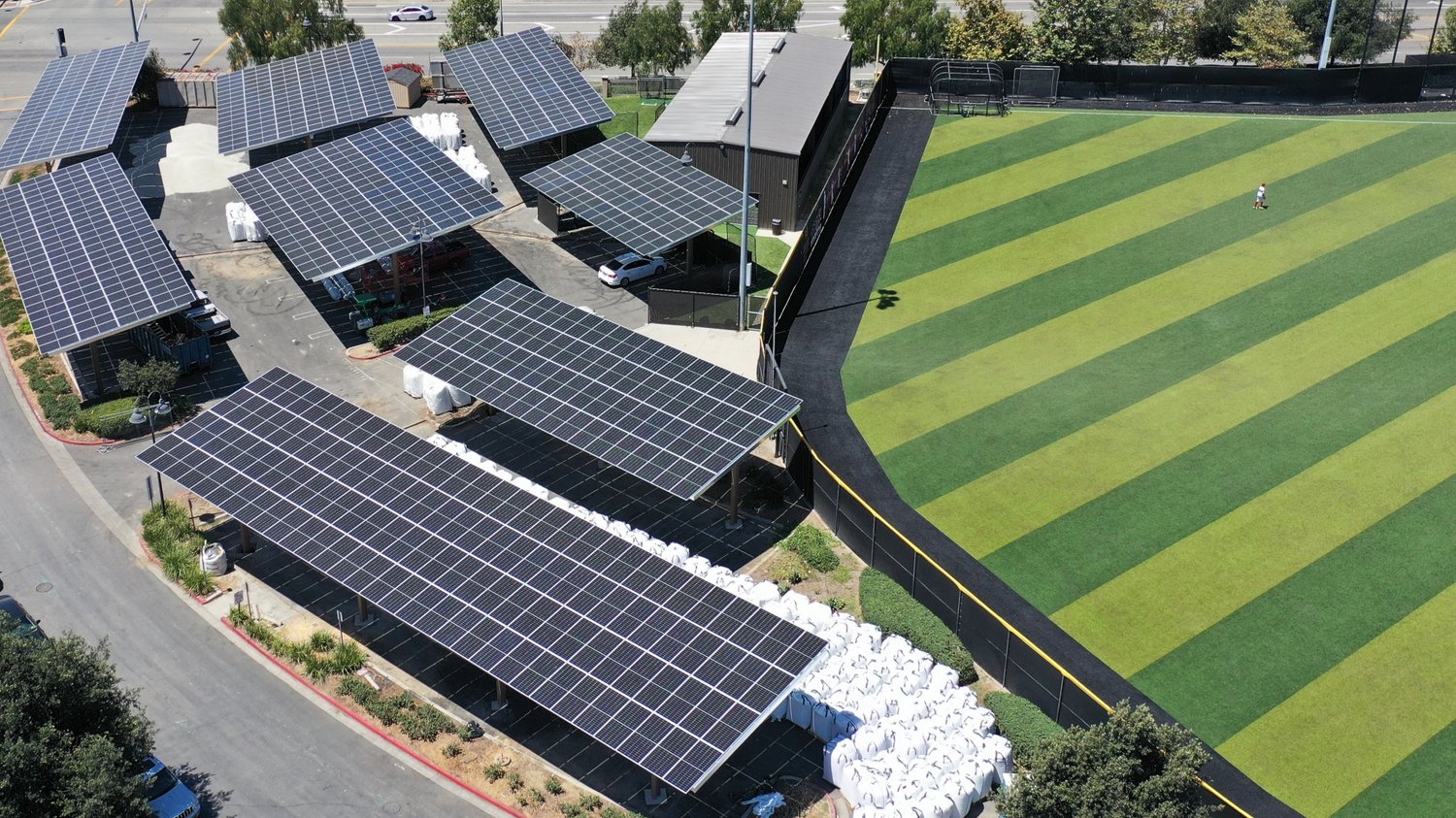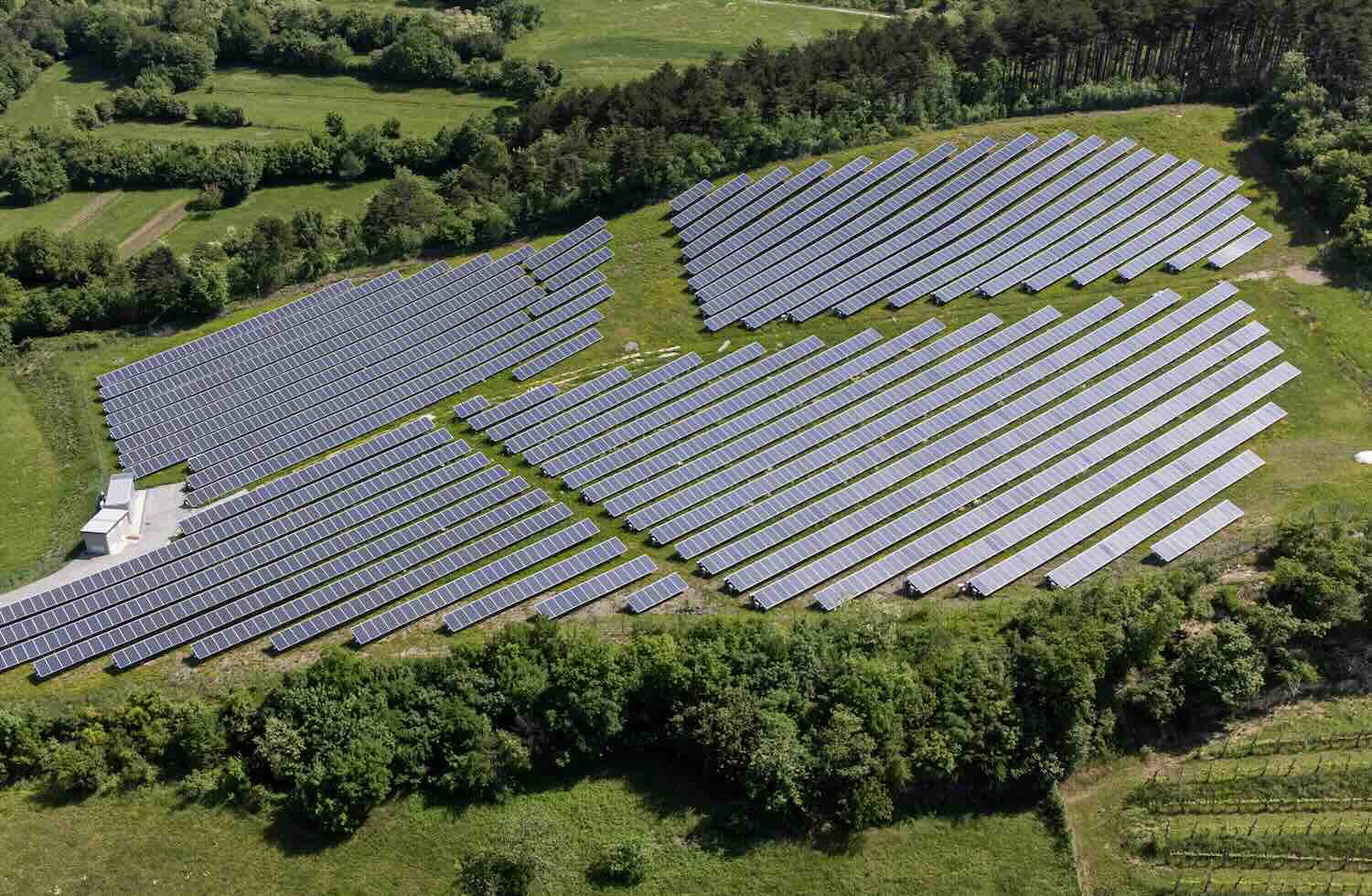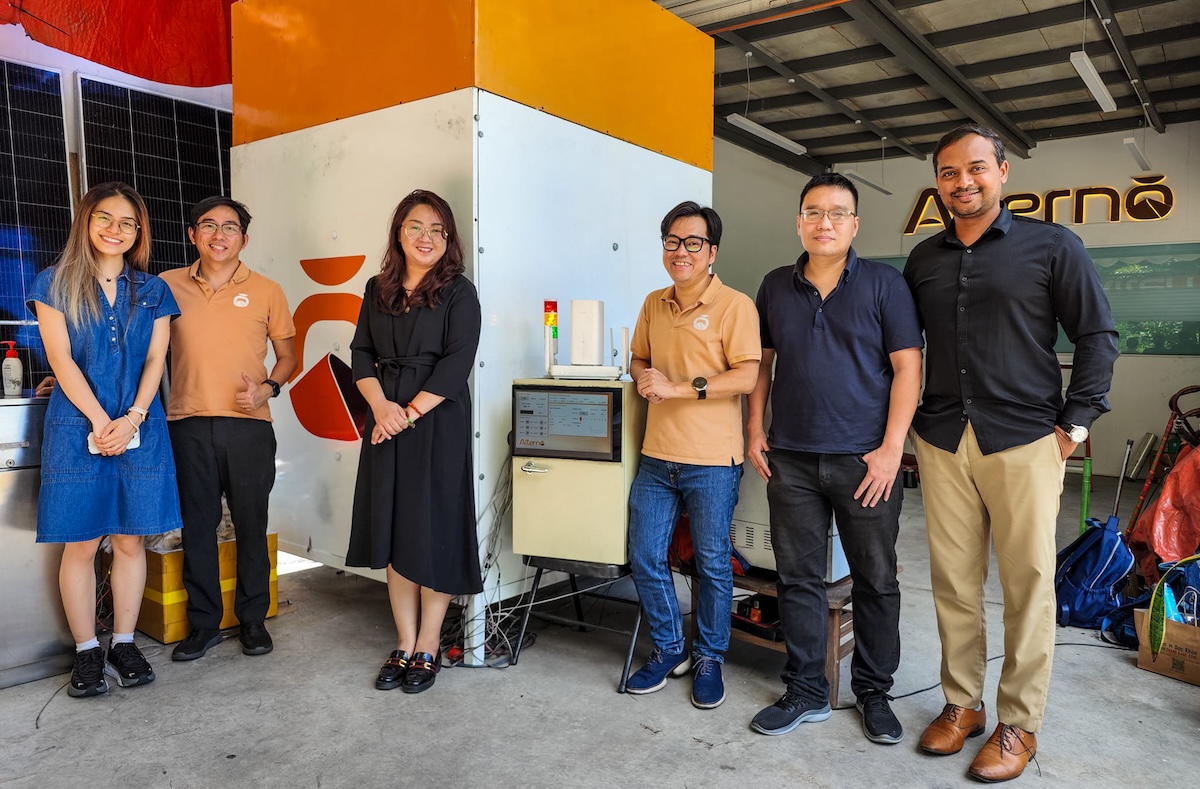ImpactAlpha, January 18 — The approximately 30,000 heavy-duty trucks that transport containers and bulk freight between ships and rail facilities at California’s 40 ports consume 138 million gallons of diesel yearly and release over 3 billion pounds of carbon emissions into the atmosphere. The state government’s California Air Resources Board is looking to require such “drayage” trucks to fully decarbonize by 2035.
The proposed regulation, which could be approved this spring, would allow only zero-emission trucks to register for operations along California’s ports starting next year. That’s an opportunity for companies like Oakland-based Forum Mobility, which is building out a network of charging depots for heavy-duty electric trucks at Long Beach, Los Angeles and other ports in the state.
The company has 21 charging depots under development to accommodate upwards of 2,000 drayage e-trucks, Forum Mobility’s Adam Browning told ImpactAlpha.
Subscription trucking
For a monthly rate, Forum Mobility will offer independent drivers and fleet owners the option to lease a Class 8 electric truck, or bring their own electric trucks to Forum’s charging depots for overnight charging. The monthly rate is “competitive with diesel,” Browning says, but “without the emissions.” Browning said.
The subscription model could accelerate electrification of the drayage fleet “without all of the upfront capital costs that many fleet owners and operators, and definitely independent drivers, aren’t prepared to take on,” said Browning. “We take that high capital cost and turn it into a manageable operational expense.”
Strategic partners
A $400 million joint venture partnership, which includes $300 million from CBRE Investment Management and $100 million from Homecoming Capital, will finance the charging depots. CBRE and Homecoming also invested in Forum Mobility’s Series A round alongside investors, including Elemental Excelerator, Amazon’s Climate Pledge Fund, Edison International and Obvious Ventures.
“The transportation sector is the largest contributor to GHG emissions, and heavy-duty transportation in particular has long been considered one the hardest to decarbonize,” said CBRE’s Robert Shaw.
Charging infrastructure
The California Energy Commission estimates California will need 157,000 medium and heavy-duty chargers by 2030. TeraWatt Infrastructure raised more than $1 billion last year to provide outsourced charging for heavy-duty commercial EV fleet operators.
A joint venture between BlackRock, German commercial vehicle manufacturer Daimler Truck and U.S. electric utility NextEra Energy will start construction this year on a network of charging stations on freight routes along the U.S. east and west coasts, and in Texas. H2 Mobility raised $122 million last year to build hydrogen fueling stations for commercial heavy-duty vehicles in Europe.

